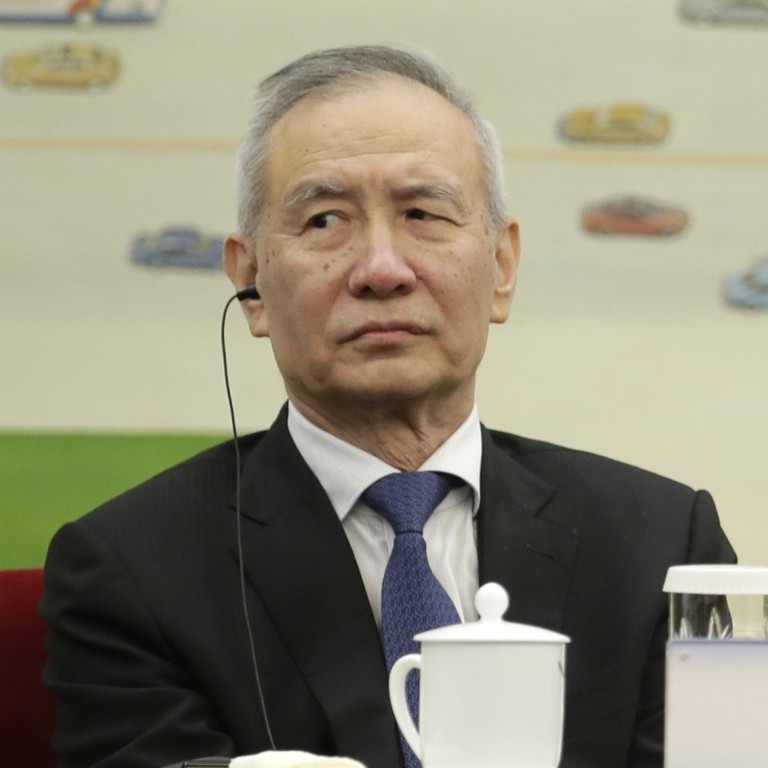
China’s SOEs set for year of innovation reform in 2020, Sasac says
- Sector to focus on developing advanced manufacturing industries next year, aiming to establish state-owned enterprises (SOEs) as world-class enterprises
- China is expected to release a three-year action plan on SOE reform in the first quarter of next year
China’s state-assets watchdog has vowed to push ahead with overhauls to state firms next year, focusing on sustainable and quality growth in the sector.
“The focus will be on ramping up technological innovation by the enterprises, and making the most of SOEs to encourage innovation and develop the advanced manufacturing sector,” a statement released after the meeting said.
China is expected to release a three-year action plan on SOE reform in the first quarter of next year to transform its biggest SOEs through mixed ownership and partial privatisation.
The focus will be on ramping up technological innovation by the enterprises, and making the most of SOEs to encourage innovation and develop the advanced manufacturing sector,
SOEs have been criticised as having little incentive to improve productivity and efficiency and, over the last three decades as the economy boomed, state firms expanded aggressively and reported faster revenue and profit growth than the private sector.
The profits of SOEs expanded 5.3 per cent year on year and their combined operating revenue rose 5.0 per cent in the first 11 months of this year, according to Sasac data.
Assets held by national state enterprises reached 58.2 trillion yuan (US$8.2 trillion) last year, up from 54.5 trillion yuan in 2017.
In the meetings in Beijing this week, attendees discussed the next three years of reform, particularly mixed ownership and establishing a market-oriented operation mechanism among SOEs.
Central government-controlled SOEs and their subsidiaries will focus on developing advanced manufacturing industries next year, aiming to establish the state firms as world-class enterprises.
Sasac will also push SOEs to improve capital management of state-owned assets, and make reducing leverage and liabilities top priorities.
We will promote reforms and structural adjustments in the state-owned economy, and invest more in industries related to national security, serving the national strategic goals
But China has signalled that it has no plans to give up its government-led economic model or weaken the role of its SOEs.
“We will promote reforms and structural adjustments in the state-owned economy, and invest more in industries related to national security, serving the national strategic goals,” People’s Daily quoted Vice-Premier Liu He – China’s top trade negotiator – as saying in November.
Liu said that Beijing planned to make the state economy “stronger, better and bigger”.
Wang Jun, chief economist at regional lender Zhongyuan Bank, said China would continue to enlarge state capital but would try to foster the firms’ core competitive edge rather than just pursue mergers or spin-offs.
SOE issues have not been included in the phase one trade deal [with the US], but it will certainly be a focus of next-step negotiations.
“Mixed-ownership restructuring will be one direction, as will reductions of subsidies to SOEs, standardisation of government procurement, and state-led innovation,” Wang said.
“SOE issues have not been included in the phase one trade deal [with the US], but it will certainly be a focus of next-step negotiations.
“These reforms can’t be done immediately, but we can take a step-by-step approach, and make them more transparent.
“I agree that SOEs in some competitive industries should gradually withdraw from the market. But it’s unlikely in areas where China needs to grasp core technologies. It’s not a simple answer of entry or quit – reforms will be carried out depending on industry.”


